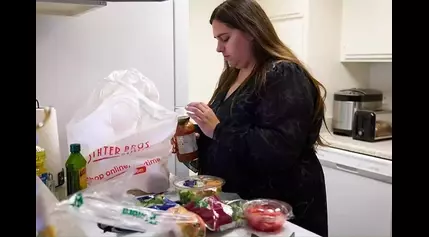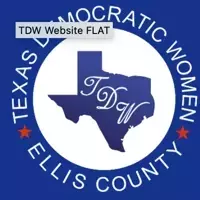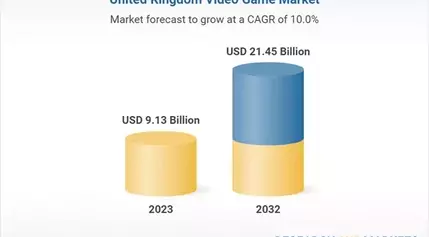
Navigating the Evolving Landscape of SNAP: Exploring the Potential Impact of Project 2025
The Supplemental Nutrition Assistance Program (SNAP) has long been a vital lifeline for millions of low-income families across the United States, providing them with the means to purchase nutritious food. However, the program's future may be poised for significant changes, as the potential implementation of Project 2025 could reshape the way SNAP benefits are administered and accessed.Empowering Families, Nourishing Communities: The Enduring Importance of SNAP
SNAP, often referred to as "food stamps," is a federal assistance program designed to help low-income individuals and families afford essential groceries. By providing electronic benefit transfer (EBT) cards, SNAP enables recipients to purchase a wide range of food items, including staples, fresh produce, and even certain unexpected items like plant seeds and live seafood. This comprehensive approach to food assistance has been instrumental in addressing food insecurity and promoting healthier eating habits among vulnerable populations.Beyond its primary function of providing food aid, SNAP also serves as a gateway to additional benefits, such as access to affordable internet services. This holistic approach to supporting low-income families recognizes the multifaceted nature of their needs, ensuring that they can not only put food on the table but also access other essential resources that can improve their overall quality of life.Navigating the Evolving Landscape: The Potential Impact of Project 2025
The potential implementation of Project 2025, should Donald Trump win the 2024 US Presidential Election, could significantly alter the landscape of SNAP. According to Axios, the proposed reforms under this initiative would make it more challenging for individuals to qualify for SNAP benefits, potentially excluding a significant portion of the population from accessing this vital program.One of the key changes outlined in Project 2025 is the rollback of the Biden administration's efforts to increase SNAP benefits over the next decade to keep pace with rising food costs. This move could have far-reaching consequences, as it could erode the purchasing power of SNAP recipients, making it increasingly difficult for them to afford nutritious food options.Balancing Eligibility and Accessibility: Exploring the Implications of Project 2025
The proposed reforms under Project 2025 raise important questions about the delicate balance between program eligibility and accessibility. While the goal of ensuring the responsible allocation of resources is understandable, any measures that significantly restrict access to SNAP could have detrimental effects on the well-being of low-income families and the broader community.Tightening eligibility criteria could potentially exclude individuals and households who are genuinely in need of food assistance, forcing them to make difficult choices between basic necessities. This could exacerbate existing disparities and further marginalize vulnerable populations, undermining the very purpose of the SNAP program.Safeguarding Nutrition and Fostering Resilience: The Importance of SNAP Preservation
The Supplemental Nutrition Assistance Program has long been a vital component of the social safety net, providing a crucial lifeline for millions of Americans. As the potential implementation of Project 2025 looms, it is essential to consider the far-reaching implications of any proposed changes to the program.Preserving the accessibility and effectiveness of SNAP is not only a matter of ensuring food security but also of promoting overall community resilience. By maintaining a robust and inclusive SNAP program, policymakers can empower low-income families to make informed choices about their nutrition, ultimately contributing to healthier outcomes and stronger communities.As the debate surrounding the future of SNAP continues, it is crucial that the voices of those who rely on the program are heard and that any proposed reforms are carefully evaluated to ensure they do not inadvertently exacerbate existing challenges or create new barriers to accessing essential food assistance.New

9.3K
185
48
Lifestyle

44.2K
884
221
Lifestyle

19.8K
198
39
Entertainment

20.1K
401
200
Entertainment

10.1K
201
86
Entertainment

18.3K
365
102
Cars

18K
720
302
Cars

17.7K
1.1K
468
Finance

31K
309
37
Fashion

10.7K
213
104
Fashion









